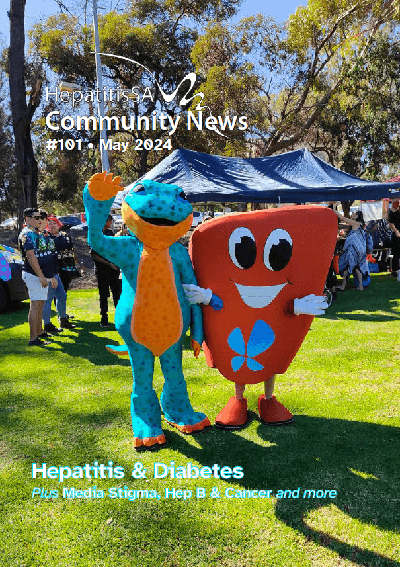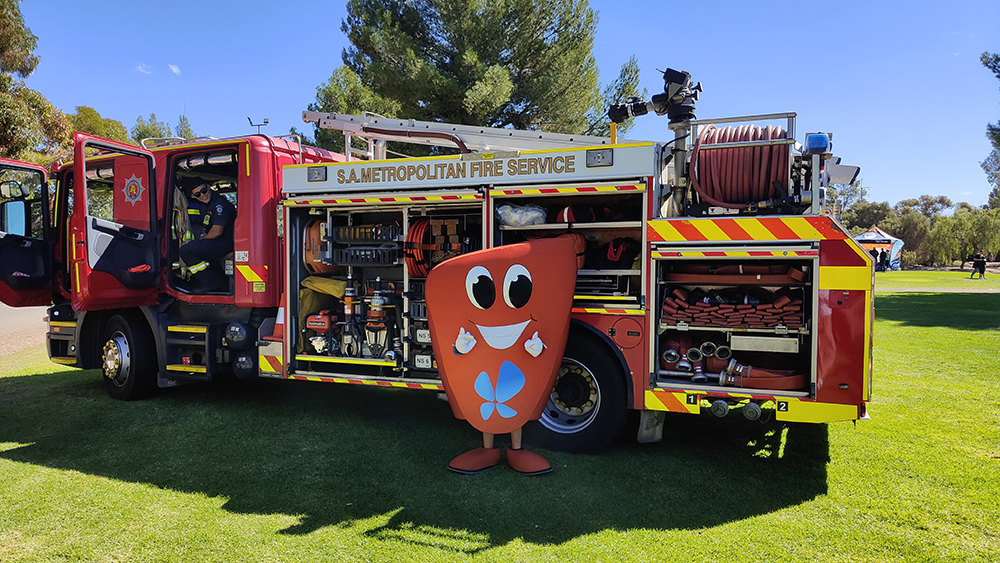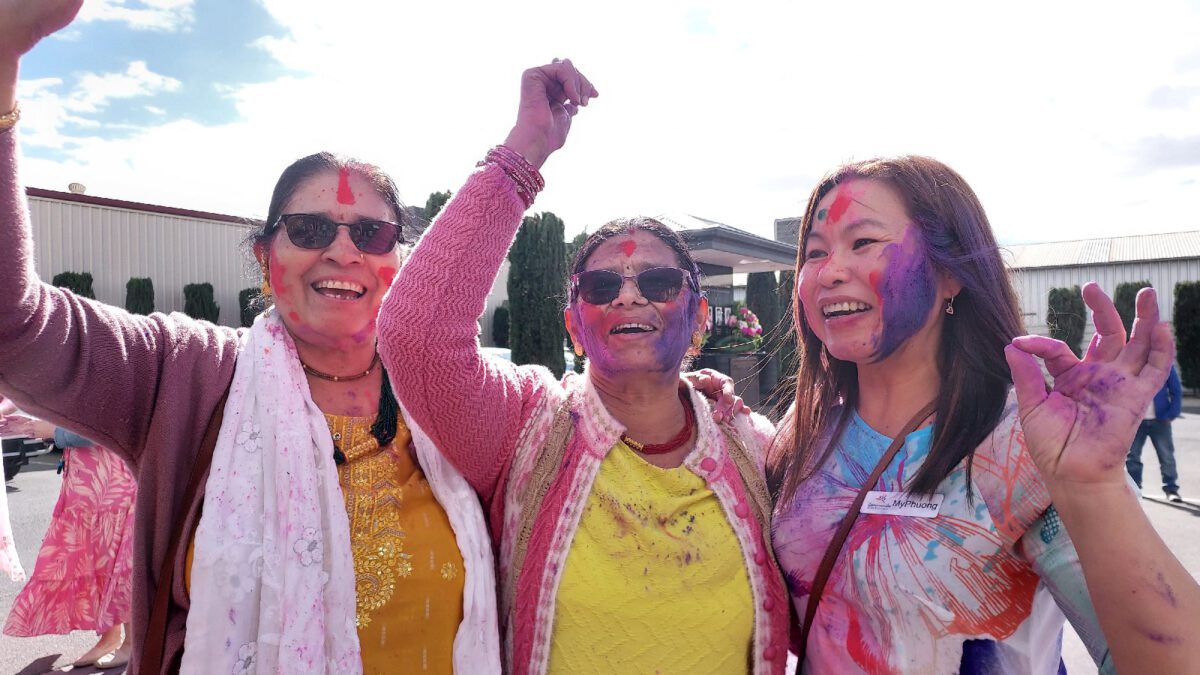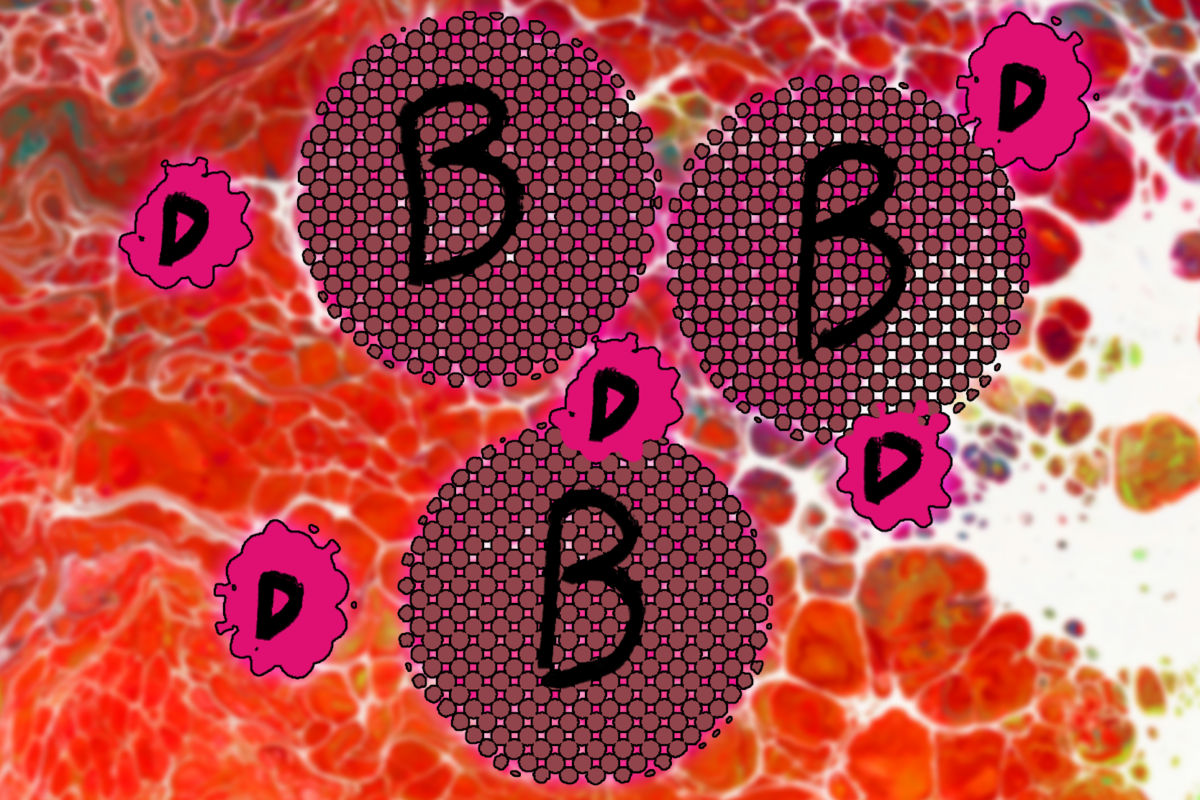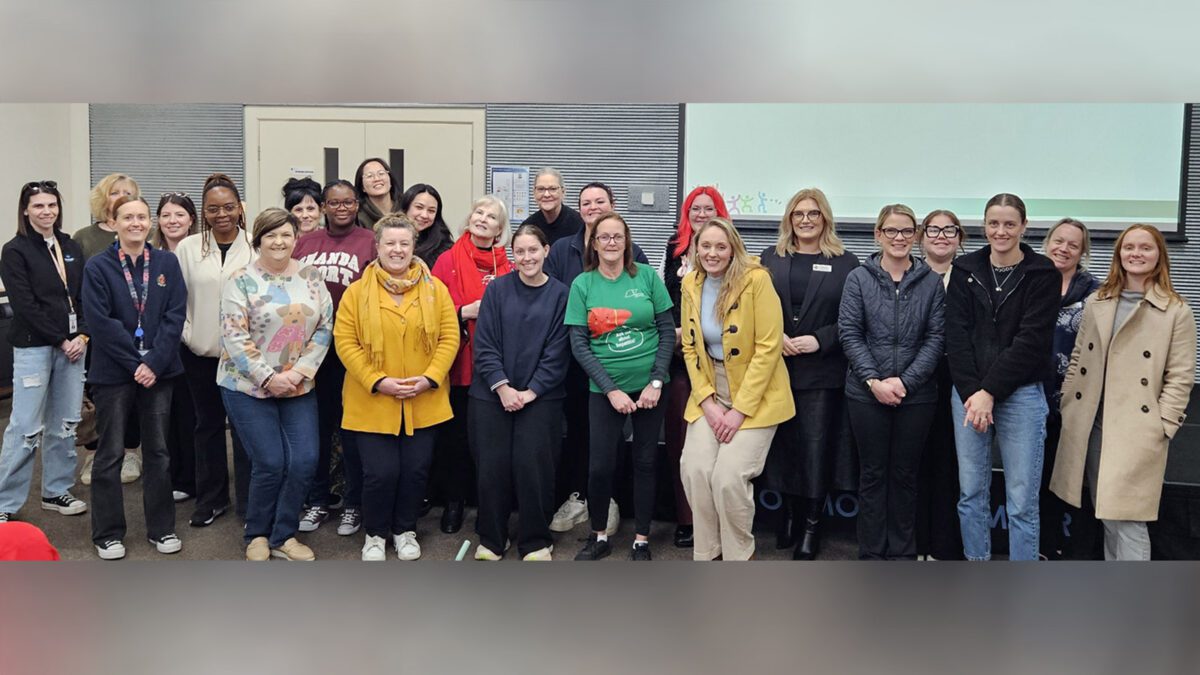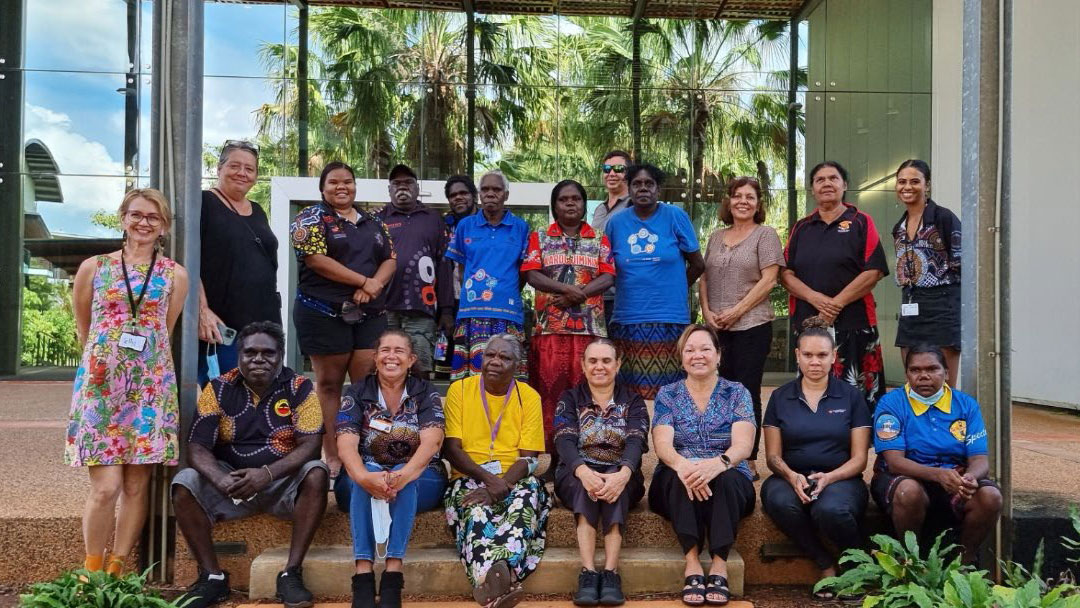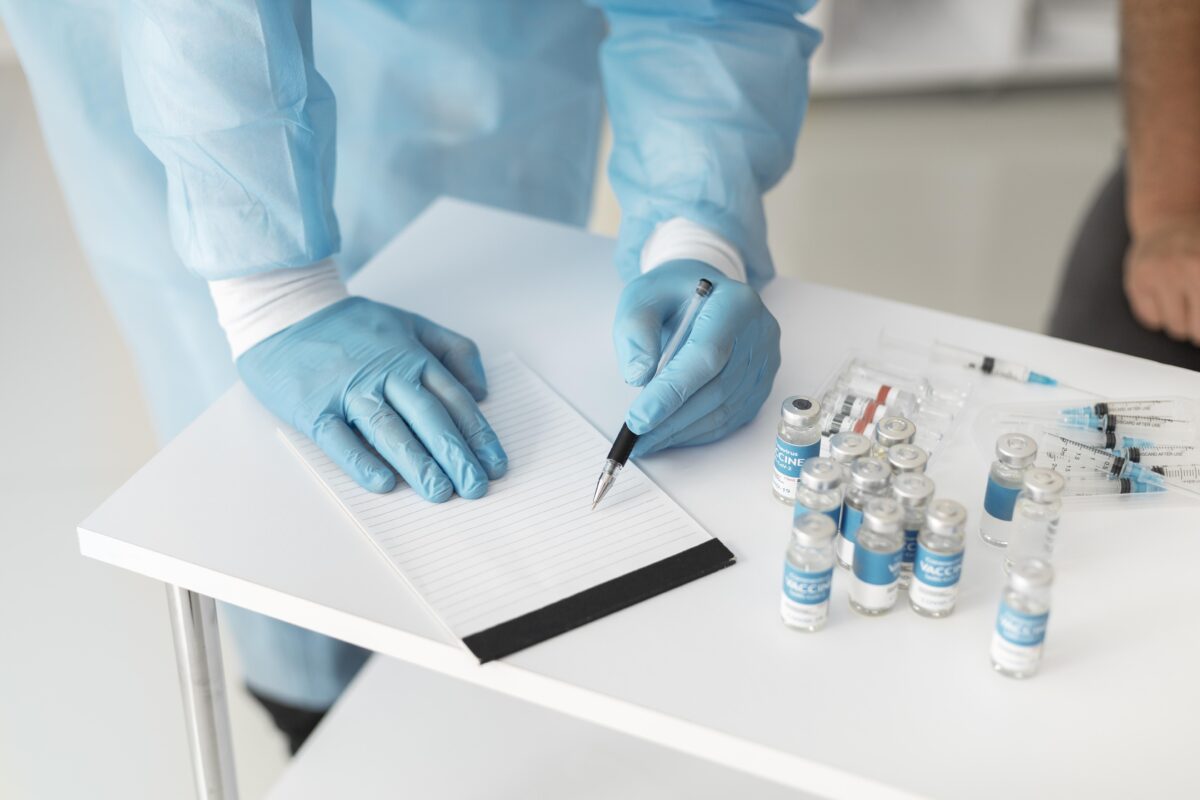In Australia, the media has long portrayed drug use, and those who engage in it, in a negative light, as part of the extended and hopelessly mismanaged global “war on drugs”. This portrayal fuels stigma and misconceptions about drug use, which are reflected in how alcohol and other drugs (AOD) are depicted in news stories and other media narratives. Unfortunately, it creates a cycle where society shuns individuals dealing with AOD dependence, and support services hesitate to offer the help they need. Ironically, these attitudes only worsen the problems faced by those using AOD, impacting their communities as well.
Essentially, the media unintentionally perpetuates the very issues it claims to oppose, by portraying drug users as unhealthy individuals who have no choice but to continue destructive behaviour due to the barriers they face in accessing treatment.
In an attempt to start countering this kneejerk laziness and prejudice on the media’s part, a group of researchers from the South Australian Network of Drug and Alcohol Services (SANDAS) undertook an extensive study, with three main goals. First, to provide media organisations with a set of standards to evaluate their AOD-related content before publishing. Second, to assess how South Australian media outlets are presenting AOD issues. And third, to suggest improvements to existing guidelines for relevant stakeholders and policymakers, along with additional strategies for positive representation of AOD use in the media.
Essentially, the media unintentionally perpetuates the very issues it claims to oppose, by portraying drug users as unhealthy individuals who have no choice but to continue destructive behaviour due to the barriers they face in accessing treatment.
If implemented, the resulting framework would make for much higher standards in reporting on the issue of drug use in Australia.
The findings revealed that, unsurprisingly, most of the media samples reviewed were inadequate, with only one being rated as excellent. Consider, as an example, the framing of community concerns last year when Uniting Communities proposed opening a rehab clinic in Glenelg. “Anger over Jetty Rd drug rehab clinic proposal: ‘We don’t want it to be Junkie Road” was the Advertiser‘s framing of the issue.
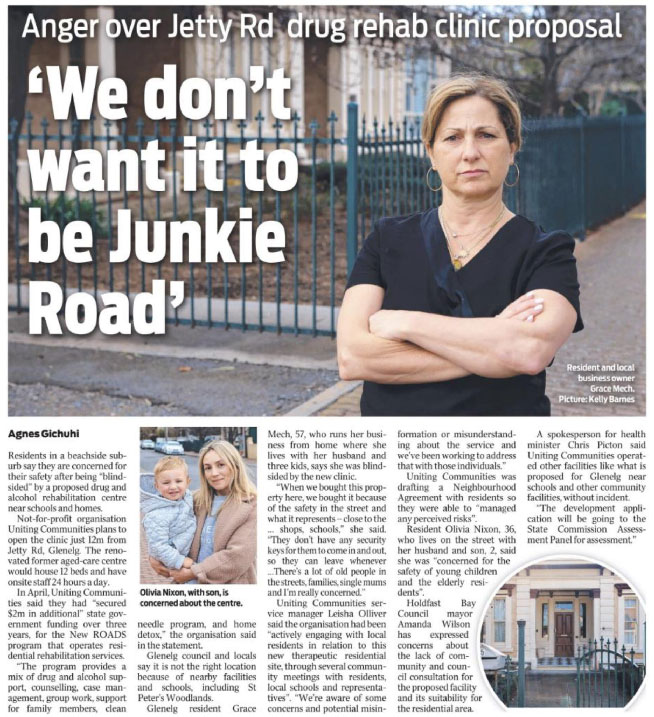
This and other articles on AOD in the community contained unethical and biased reporting, stigmatising language, alarmist content, lack of context, and privacy violations. They also lacked input from AOD experts and health practitioners, and failed to provide links to prevention or intervention resources. These reports almost always prioritised sensationalism over accuracy and objectivity.
The SANDAS study addresses these shortcomings through proposals in three main areas (see below). These recommendations aim to promote fair, accurate, and compassionate reporting on AOD issues, ultimately working towards reducing stigma and improving support for those affected by AOD dependence.
Advocacy for media practitioners
There is a need for the Australian Press Council to modify their existing guidelines to more specifically address reporting on substance use. These modifications should emphasise the importance of ethical reporting, avoiding stigmatising language, and the responsible portrayal of individuals with lived experience of AOD.
In addition, the scope of what is considered private in the statement of privacy principles could be broadened to provide better alignment regarding human rights and respect, preventing the unintentional disclosure of sensitive details and avoiding potential negative consequences for individuals seeking assistance for AOD-related concerns.
- Language: Use first-person language and non-stigmatising terms. Avoid sensationalising.
- Images: Do not show children, people who use AOD, their families, or where they live.
- Context: Investigate an individual’s background, barriers to treatment, and factors affecting AOD use. Present balanced views and give a comprehensive picture rather than focusing narrowly and one-dimensionally on AOD.
- Privacy protection: Protect the privacy of individuals involved in AOD-related stories. Do not include names of people in treatment or post treatment, location details of treatment facilities, and identifying information.
- Narrative: Provide factual information but do not include details which would encourage or enable the purchase of illicit drugs.
- Clearly identify AOD as a health issue rather than a moral issue, refrain from alarmist tones and avoid an overfocus on crime related AOD content.
- Education: Provide expert opinions and contact information for easily accessible service resources.
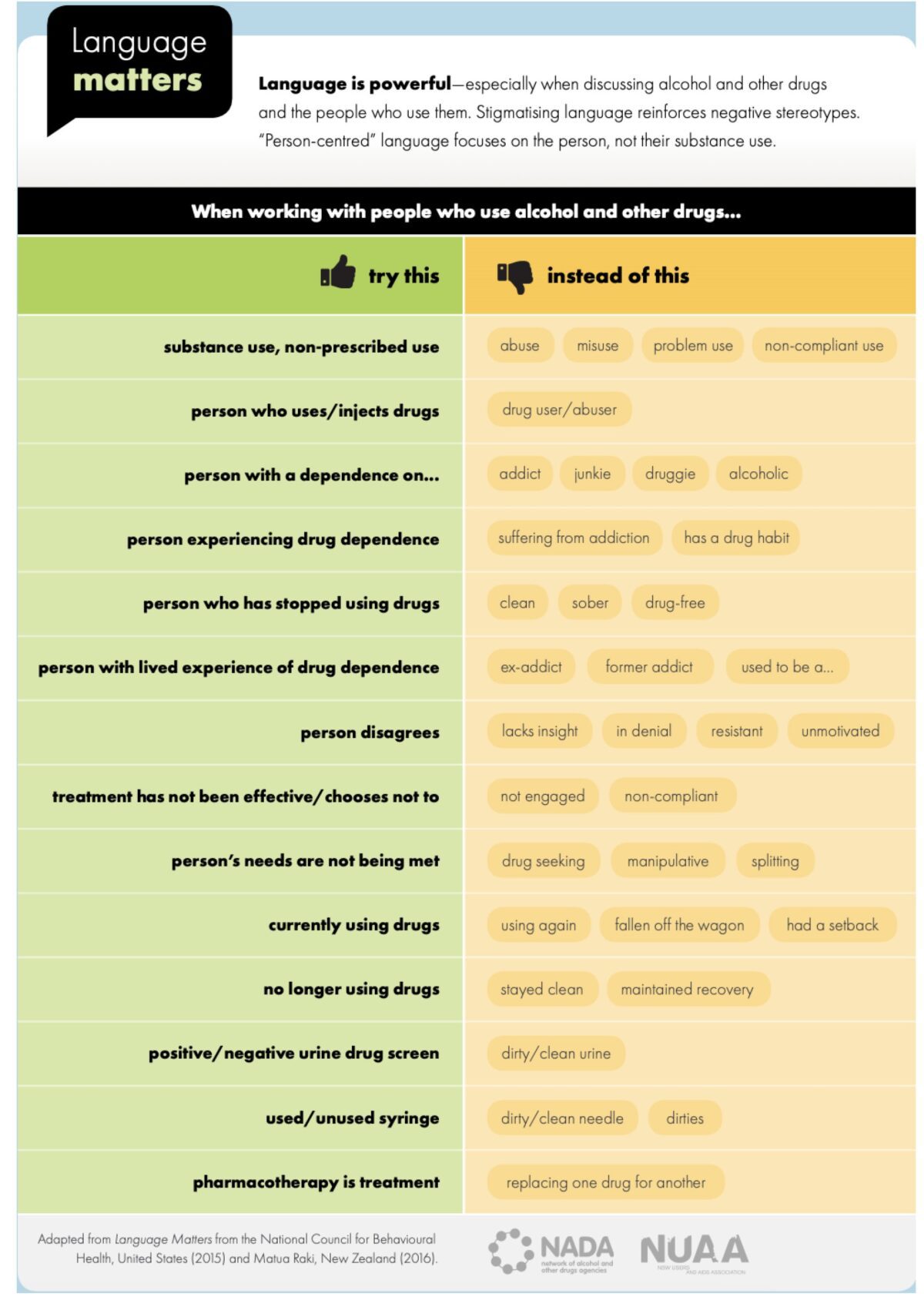
Direct training/education for journalists
Workshops delivered directly to journalists provide a space to address misconceptions among journalists towards AOD:
- Provide training workshops to journalists on AOD as a health issue and on the effects of stigma.
- Mandate stronger guidelines that require journalists to provide data, referral to support services, cite sources, and to involve health professionals in any AOD report (similar to guidelines on reporting suicide and mental health issues).
- Arrange for information sessions by AOD experts to discuss stigma towards those with AOD dependence problems. This is especially significant for any future plans of opening AOD support centres in specific locations.
Policy and community leaders including politicians
- Provide training and education to community leaders including politicians to ensure that they have the knowledge necessary to speak in a health informed way about AOD issues.
- Provide guidance to policy advisers and community leaders on the risks associated with politicising AOD treatment and support issues in the media.
- Incorporate media engagement as an essential element of planning AOD treatment and support services implementation as the media’s negative involvement may disrupt progress and the sense of inclusiveness among those seeking AOD assistance.
Last updated 16 May 2024
More from:
Enjoyed this article? Subscribe to be notified whenever we publish new stories.
Subscribe for Updates

